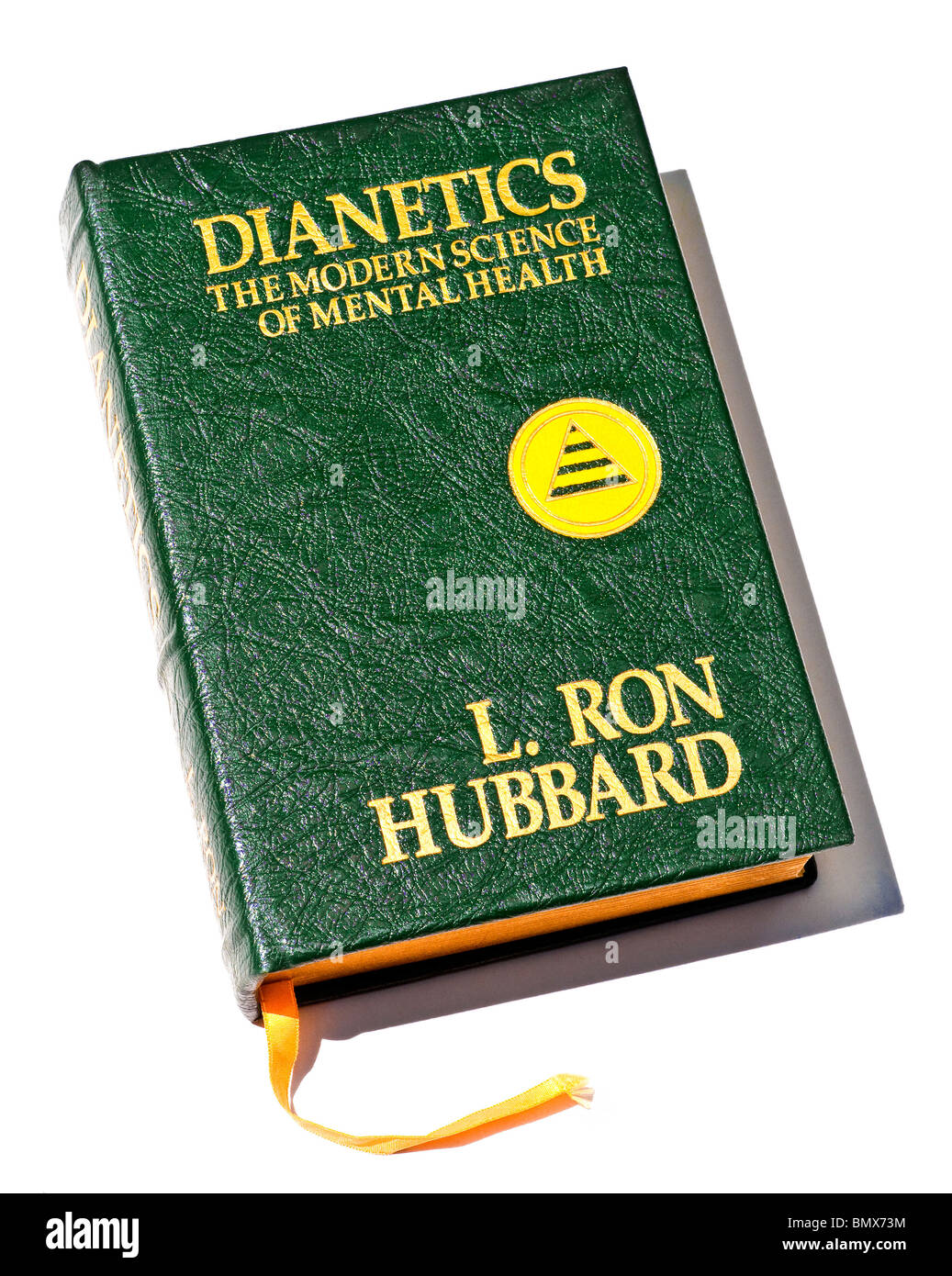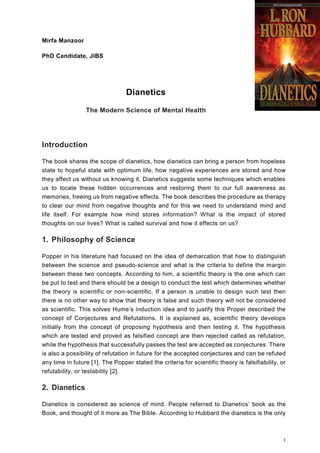The Best Guide To Dianetics
The Basic Principles Of Dianetics
Table of ContentsMore About DianeticsThe 10-Minute Rule for DianeticsAll About DianeticsUnknown Facts About Dianetics
I could not ever not want to receive anything that enters your mind for you- if it was or else, I wouldn't be sitting right here with you, doing this. I not only might never ever have an issue, or not intend to hear something that comes to mind for you, however I'm completely excited to understand every concept, every idea, every picture or sensation that emerges or manifests for you- do not ever think or else, and if for some reason you do, please simply let me recognize! In some cases, you might have a thought, and picture, idea or incident appear that does not appear to answer the question, or associate with it, but nonetheless, constantly do tell me concerning it, and as we continue, the significance will certainly emerge for you.This is inherent in the basis of handling, and the topic of this discussion: the standard roles of the counselor and the client: The basic function of the counselor is, unlike "basic training", not to manage, which suggests to enforce and/or inhibit, however to instead work from the basis of EMPOWERING THE CLIENT.

The 10-Second Trick For Dianetics
John Mcmasters shared this standard reality incredibly well in one of his lectures on Power processing, where he clarifies just how he was asked what this "unique flair" was that he had for giving such wonderful sessions; he needed to think concerning that for a minute, and detected that it was what he had not been doing, along with what he was doing: he had not been assessing, evaluating, computer, or in truth, creating any type of ideas, not to mention spoken expressions, after providing the command and while waiting on the PC to complete their solution to their fulfillment; he was, simply and just, existing with the PC, and entirely interested.
The role of the counselor, demonstrated; that was his "special flair". I have actually had my very own experience which showed me this well, very early on in the game. In 1982, having just recently completed my training and teaching fellowship on New Age Dianetics, I was running this on a COMPUTER, and there was a factor in the session where (being a bit damp behind the ears not yet having numerous hours under my belt as a specialist auditor) the computer seemed to be "taking as well lengthy" to reveal anything verbally after I offered him a command.
This trick turned out to be one of the most important contribution that John ever before made to the topic of therapy or bookkeeping (Dianetics). In my modest point of view, it is the best contribution that any individual has actually ever made to these subjectsthe application is completely non-judgemental, non-evaluative, and lacking any recommendation, advice or opinion.no preconditioned program for individuals, or 'degrees' that they should do
In Idenics, the website link only source of info about a customer is the individual customer. In Scientology we prided ourselves on not evaluating for people. But all that truly meant was that the auditor did not VERBALLY review for the PC in session. The registrars and values officers examined for the computer.
Dianetics Can Be Fun For Everyone

Anybody that had ever seen John audit might not assist but see a distinct high quality in his bookkeeping."The client's standard role is to be there with the purpose of relocating the instructions of their spiritual objectives, and to openly and totally reveal and experience whatever shows up for them in responding to the inquiries and executing the instructions in the handling.
This is something to process as needed. Likewise, people often have previous experience and/or indoctrination in auditing/processing which, in some ways, and to some degrees, actually misdirects them into attitudes, ideas and actions patterns that protect against the complete understanding of these functions, and so they will certainly often tend to hinder the expressing of what comes to mind, as in the examples given above - Dianetics. * The very first, and possibly foremost examples of mis-indoctrination leading to less than completely smooth and effective sessions, can be located in certain facets of the training routines, or "TR's":"TR's" are frequently a person's initial, or at the very least early, experience in Scientology, and while I will certainly go on to discuss what I see as the problems in idea see page and practice, nevertheless, tend to be greatly therapeutic, done as they are provided (Hubbard urges that "TR's are not refining, they are training", yet factually, they are both processing AND training)
Alan Walter made YOURURL.com similar observations, and enhanced these with his "Presence Processes". There is no "flunking", and no denial of the truth of this being processing. The emphasis, as it ought to be, gets on experiencing the other person's existence. All the manifestations which obtain a "fail" in doing "TR-0" are simply the being's efforts to resist the other person's presence, and as opposed to being bothered and nagged with "Flunk", which imposes "failure!" on the being, one just requires to be encouraged to "stick their feet in the water a little much deeper", to increasingly refurbish their capability and willingness to totally share and experience "being here", or "existence", with others.
Getting My Dianetics To Work
